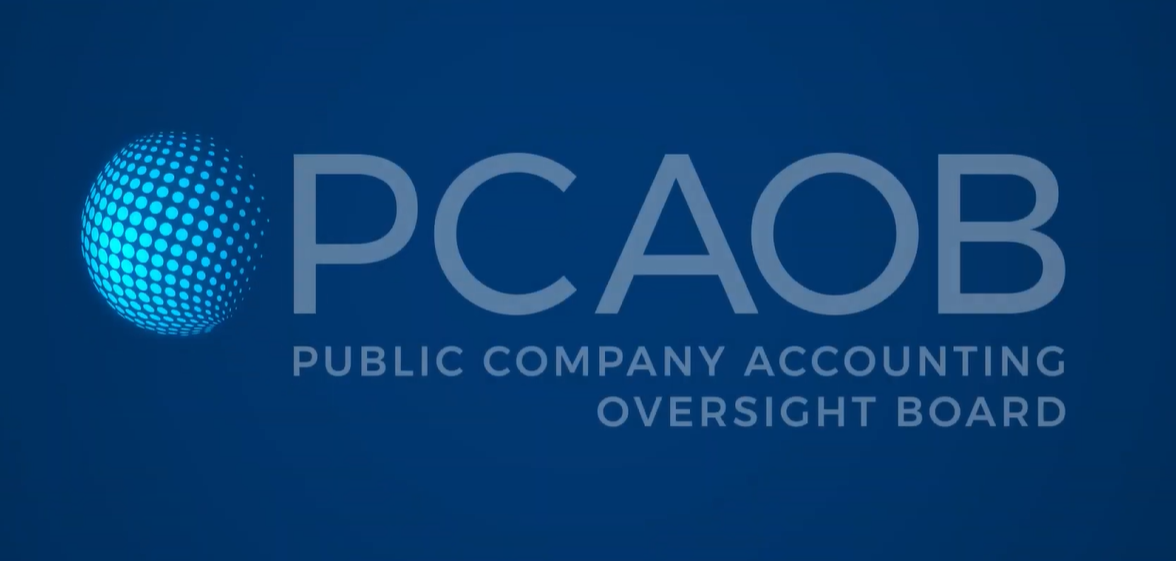Auditing
PCAOB Says Firms Are Screwing Up SPAC Audits
Over the last couple of years, PCAOB inspectors have observed high rates of deficiencies on SPAC audits.
Apr. 26, 2023

A new PCAOB staff report sheds light on an area where PCAOB inspectors have observed relatively high rates of audit deficiencies: special-purpose acquisition companies (SPACs).
From 2020 to 2021, U.S. markets experienced an unprecedented surge in the number of initial public offerings (IPOs) by SPACs. SPACs typically have no commercial operations and are public companies formed solely to raise capital to merge with or acquire a private company, effectively taking it public.
In recent years, the PCAOB has considered SPAC-related risks to investors as it has planned its inspections. Last week PCAOB inspectors once again included SPACs among their list of priorities for 2023 inspections.
From 2021 to 2022, PCAOB inspectors reviewed more than 100 audits of companies that were either considered SPACs or that were formed through a de-SPAC transaction. The staff report noted:
- The PCAOB reviewed 44 SPAC-related audits performed in 2021. Of those audits, 61% had at least one deficiency.
- The PCAOB reviewed 71 SPAC-related audits performed in 2022. Of those audits, 37% had at least one deficiency.
Based on these inspections, the report presents several key takeaways for auditors. Among others, these takeaways include:
- Exercising due professional care and professional skepticism;
- Considering whether presentation and disclosures in the financial statements conform with GAAP;
- Understanding the public company’s processes to develop its accounting estimates; and
- Remaining alert to changes in the public company’s or the auditor’s circumstances which may give rise to situations that could impair auditor independence.
The number of SPAC IPOs increased from 59 in 2019 to 248 in 2020, then spiked significantly to 613 in 2021. But SPAC IPOs dropped sharply to 84 in 2022 because of increased regulatory scrutiny and rising interest rates.
